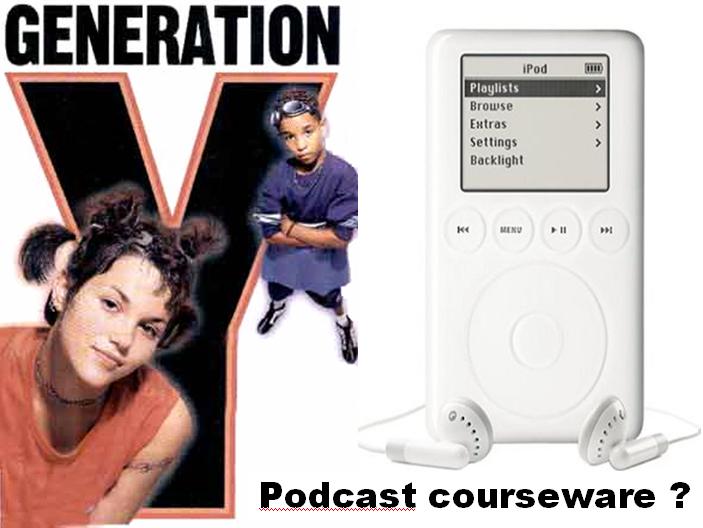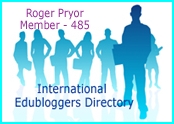This story looks at a significant change to the delivery of the ‘lecture’ component of the program at the nation’s biggest medical school. Clearly, this is yet another context of educational service delivery, but it puts a clear focus on the possibilities within a range of modes and media: mostly dependent on some fundamental shifts in the way that we perceive the whole paradigm of ‘what a school is.’
In the last decade, armed with this paradigm, we have then embarked on ‘school planning:’ setting in place an agenda of continuous, incremental improvement which, if done well, will get us well along the way to where we need ‘schools,’ as both independent and interdependent facilities for optimum learning, to be. If, however, ‘school planning’ is done as cynical lip-service to accountability, as a process in which disproportionately more attention is paid to risk management and demonstration of incrementally improving data sets in a range of performance areas (which are chosen as indicators because they represent the measures which are popularly attributed to be indicators of quality education), then perhaps all we are doing is celebrating the improvement of something which may still be fundamentally failing the needs of whatever percentage it is, of an increasingly disengaged segment of a generation of young people.
There will be many great schools where that particular balance line is nimbly negotiated: a wonderful outcome.
This is the story from The Australian.
Just how DO we move from the paradigm of ‘school planning’ to the paradigm of ‘planning school.’
End of the med school lecture Justine Ferrari, Education writer November 24, 2006
The traditional university lecture will be scrapped by the nation’s biggest medical school and replaced by online learning programs. Read the story here

Don’t forget. You can use the Post your own link below to comment.



Recent Comments